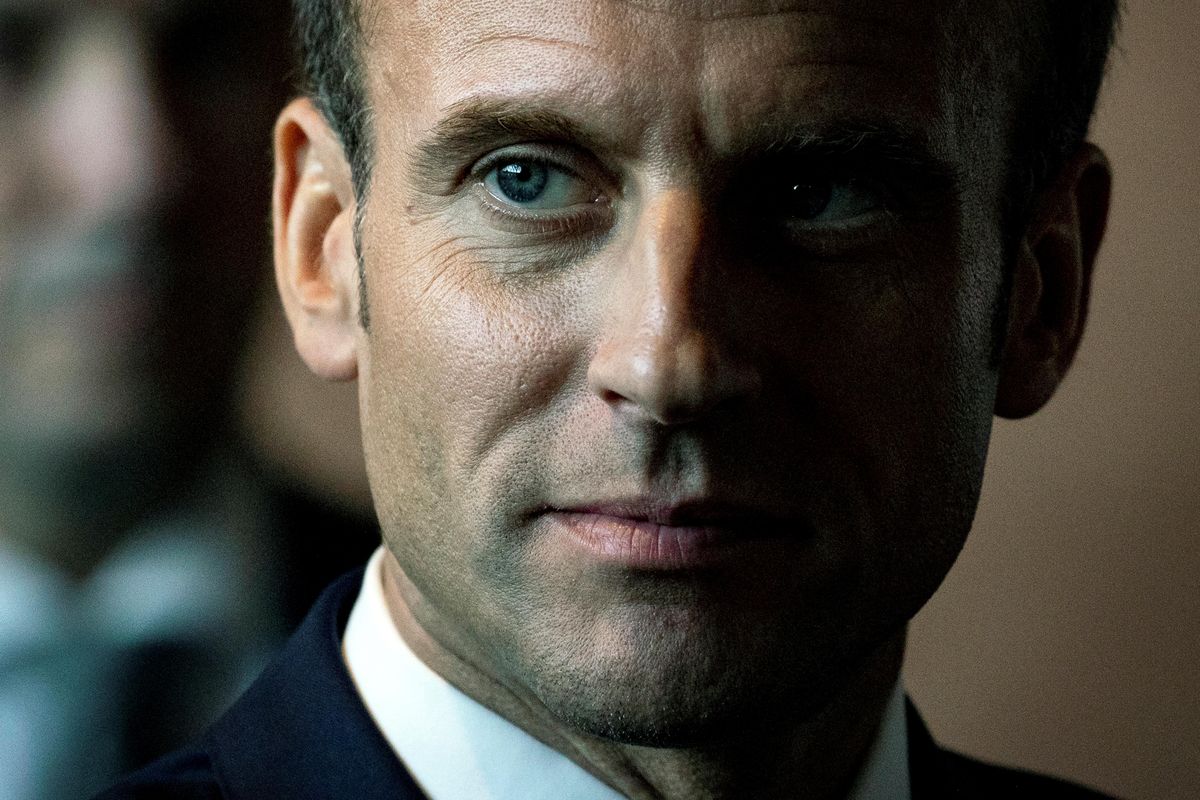Some things are sacred in France: buying fresh bread daily, offering a “bonjour” – always – before conversing with someone, maintaining the right to an early retirement.
President Emmanuel Macron is not seeking to interfere with French carbohydrate habits or greeting etiquette, but he is taking a political gambit on trying to reform the French pension system.
What’s he proposing? Nine months after winning a rare second term as president, Macron’s government this week laid out a plan for incrementally raising the national retirement age from 62 to 64 by 2030. As a sweetener, Prime Minister Elisabeth Borne announced a monthly increase of €100 ($107) for the minimum state pension, on top of additional perks for those who do physically taxing work or entered the workforce young.
To an outsider, it doesn’t seem like the biggest deal: In order to access a “full” pension, French workers will need to have worked for 43 years by 2027, up from 41. But for many, raising the age to 64 – after it was raised from 60 to 62 in 2010 – is a big deal.
There are sound economic reasons for Macron’s move. Currently, almost 14% of France’s public spending goes toward its pension scheme, the highest of any OECD country after Greece and Italy. And if Macron doesn’t intervene, the byzantine pension system will likely be €10 billion in the red each year from now until 2032. Meanwhile, France’s debt-to-GDP ratio is at a record high, while growth is expected to be sluggish this year.
Consider that at 62, France has the lowest retirement age in the European Union. Average life expectancy is now around 30 years higher than in 1945, when France’s social security scheme was first established, though the pension program has evolved in recent decades to reflect an expanding workforce. Still, today, a French man will spend an average of 23.5 years hanging out in his armchair post-retirement, according to The Economist, while retired women will live 3.5 years on top of that. As time goes on, this nonworking cohort will become even more of a drag on state resources.
The political gamble of a lifetime. Macron has made pension reform a lynchpin of his domestic policy, vowing to get it done at all costs. The tricky thing for him, however, is that he can’t rely on much goodwill from voters because he’s not very popular (he won the presidency in April with just 38.5% of the total vote.)
Making matters worse, around 70% of French voters oppose raising the retirement age. Indeed, many public sector employees – railway workers, for instance – say they’ve been willing to accept lower wages knowing that the payoff would be a decent and early retirement.
There’s also a big cultural component to it all. French workers work to live and often poke fun at their American friends for having … unhealthy work habits. As a result, French workers have long viewed early retirement as something akin to a national right.
Prepare for pandemonium. Macron is not the first president to try and make changes to French labor rights and pensions – and it’s not his first bite at the apple. In 1995, President Jacques Chirac’s proposal to cut back on social welfare schemes led to a general strike that forced the government to walk back its plan. Similar protests broke out when Macron first attempted pension reform in 2019, but the plan was ultimately abandoned due to le coronavirus.
This time, the timing is also problematic, says Mujtaba Rahman, managing director for Europe at Eurasia Group. “Some government officials fear that popular hatred of pension reform will combine with anger over rising food and energy prices to bring hundreds of thousands of people onto the streets.”
Still, Rahman says, Macron is gambling that “patient education on the facts and the fait accompli of a lightning enactment of the reform” – which could be done as soon as March – “will cool tempers and allow the minority government to claim its first significant, legislative achievement.”
What happens now? Macron should get enough support from the center-right Republican Party – which has long pushed for raising the retirement age – to get this bill over the finish line by spring. If they don't come through, however, the president can use a constitutional loophole to pass the law without a legislative vote.
Still, it won’t be easy. Union leaders have already planned a nationwide strike for Jan.19, saying it’ll be the start of a “strong mobilization.” Given the French penchant for protests, prepare for all out chaos.
- Russia's resilient economy won't fall apart anytime soon - GZERO Media ›
- Israeli constitutional crisis worsened by compromise attempts - GZERO Media ›
- Why Netanyahu relented to protests in Israel, but France's Macron didn't in France - GZERO Media ›
- Backlash from Macron's China visit - GZERO Media ›
- French protests strengthen the far right & far left - GZERO Media ›






